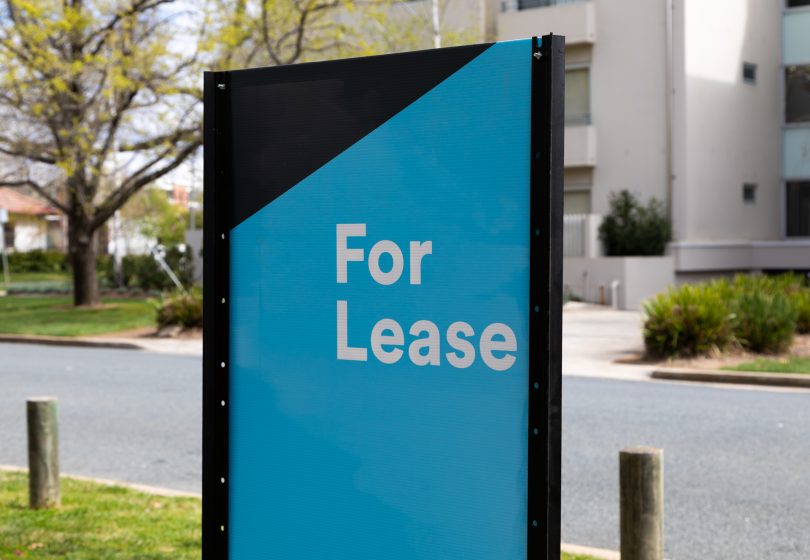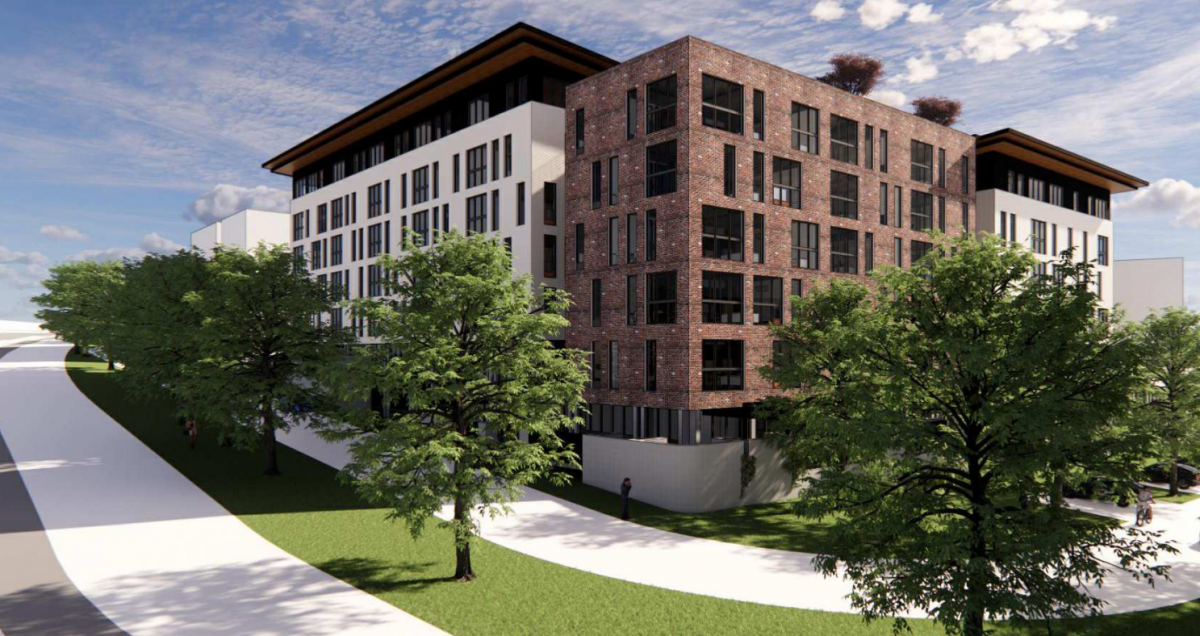
It’s a tough life for renters in the ACT, but things could be looking up. Photo: Michelle Kroll.
Renting in Canberra is heading for a change, and not just because of welcome changes to tenancy laws that give tenants more rights and require landlords to upgrade their properties.
This week’s announcement of a new regulation requiring homes to be insulated as part of minimum energy efficiency standards will improve the lot of renters facing crippling energy bills during Canberra’s freezing winters and baking summers.
It will also mean warmer and cooler homes and enhance not just the comfort of occupants but also their general health.
When you are paying among the highest rents in the country, a home that doesn’t cost the earth to heat and cool is what you should expect.
Tenant advocates will continue pushing for more efficiencies, including moving from gas appliances to electric systems.
Landlords facing extra costs are not happy and there are rumblings that they will simply sell up and vacate the market altogether or hike rents.
But they are already the beneficiaries of massive tax advantages in this country, and the phase-in period allows them time to install insulation if they have to.
They will also be able to access interest-free loans through the ACT’s Sustainable Household Scheme to pay for it and claim it as a tax deduction.
Some may decide that this latest impost is the last straw and that being a landlord is too difficult a business to be in.
But the situation is one that they have contributed to themselves as beneficiaries of an overheated housing market fuelled by negative gearing and capital gains tax concessions, investor lending practices, government home buyer grants and migration policy.
The inability for the housing industry to keep up supply has also fed into prices and rents.

Changing face of the market: An artist’s impression of Stage 2 of The Borough build-to-rent project at Denman Prospect. Photo: AMC Architecture.
Add more tenants, some having given up on the whole idea of buying a home, and you have a rental market failing to meet the housing needs of many Australians and a political problem for governments.
Governments have had to deal with growing pressures from tenants groups sick of insecure and inadequate rentals governed by tenancy laws heavily weighted in favour of landlords.
As well as rebalancing the scales and moving to force landlords to increase the energy efficiency of their properties, they are revisiting social and public housing, increasingly needed for the low-paid.
They are also investigating and encouraging Build-to-Rent projects, common overseas but new to Australia.
These BTR projects provide large numbers of dedicated, secure rental properties, often with facilities and amenities, and have a single entity managing a property instead of individual landlords.
Industry is looking increasingly at this kind of option to meet the market demand from those locked out of home ownership but also growing numbers who don’t want its expense or responsibilities.
This week Canberra Airport’s Capital Estates Developments lodged a development application for Stage 2 of its 700-apartment BTR project in Denman Prospect, The Borough, targeting the ACT’s essential workers.
Capital Estates will manage and maintain the landscaped and serviced precinct, achieving efficiencies and allowing it to offer affordable rents.
This follows the ACT Government’s BTR prospectus to industry seeking proposals and the release of a block in Turner specifically for BTR.
Chief Minister Andrew Barr says the government hopes BTR can add 5000 rental homes to the ACT’s housing stock, reducing the pressures in the market.
BTR is usually perceived as large apartment blocks but it could also redefine the boarding house in smaller developments.
The rental market is evolving and it may be that with increased tenant demands, the business model for so-called mum and dad investors, some of whom may be overleveraged and underresourced, may no longer be viable.
A shake-out may well be on the way. Some might reduce their portfolios to a more manageable size or leave the market altogether in favour of those who can operate successfully in the new environment.
One thing is certain, the market cannot stay the same if we are going to keep a roof over everyone’s heads.





















